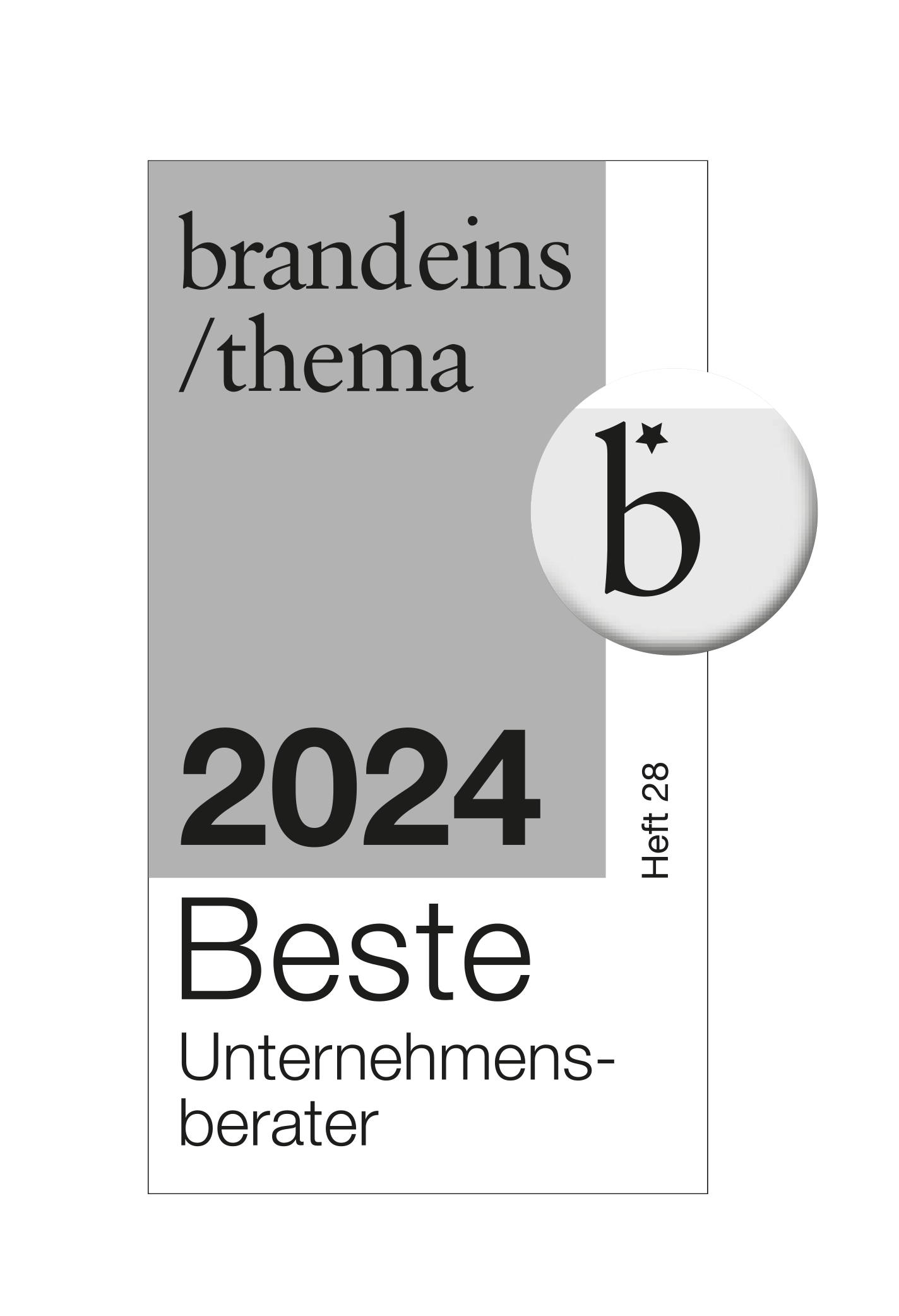For the fourth time in a row, msg comes sixth in the Lünendonk ranking of the “Leading IT Consulting and System Integration Companies in Germany”. The ranking lists the 25 largest international and German providers of IT consulting services according to their annual sales figures. It thus provides an overview of the major players in the German market for IT consulting and system integration.
The demand for IT services increased significantly in the second year of the corona pandemic 2021. The companies surveyed in the Lünendonk study recorded average growth of 13.1 percent in domestic sales (up from 4.7 percent in the previous year). One reason for this massive upturn is the increased demand for IT services in the areas of cloud transformation, IT modernization, data analytics, custom software development and digital experience. Another factor behind the increased demand is the pressure to digitize and transform. This is driving companies in all sectors to call on the expertise of IT service providers. This high demand has been thwarted by a very tight shortage of skilled workers in the IT sector.
Further information about the ranking of the “Leading 25 IT Consulting and System Integration Companies in Germany” by Lünendonk & Hossenfelder GmbH
Both consulting companies merge and provide a comprehensive end-to-end offering for the entire utilities industry.
The consulting company m3 management consulting GmbH, which focuses on the network industry and is a member of the msg group, and the consulting company for energy and water management K.GROUP are joining forces with immediate effect under the umbrella of m3. Customers from the utility industries thus get an end-to-end offering that ranges from strategic realignment and streamlining of functional processes to their digital implementation. With this range of services and more than 100 consultants, m3 is one of the most effective consulting companies for business transformation in the energy sector and telecommunication in the DACH region.
More information can be found here.
Berlin, May 4, 2022. The current study of the IT and consulting company msg on electronic administration work clearly shows: Processes without media and system disruptions remain an exception. Interfaces and connections, technological and organizational standards but also a professional, electronically documented process management and suitable digitalization platforms are still missing.
Lack of process understanding is the biggest hurdle for electronic files in public authorities
Although the electronic file is now at least planned or being introduced in almost all the public authorities surveyed, the cultural change to electronic administrative work is progressing only slowly. In addition to taking into account the functional requirements (89 percent) and implementing the process requirements (88 percent), 85 percent of the public authorities surveyed consider acceptance and training management to be a key challenge in introducing the electronic file.
The advantages of the electronic file, e.g. easier retrieval of information or faster work, are clearly seen overall, but hardly any authorities also use the introduction of the electronic file as an opportunity for reorganization (5 percent). And while as many as 47 percent state that the introduction of the electronic file has a high added value for process optimization, only 10 percent of the authorities surveyed have so far developed comprehensive process documentation. In these cases, it should also form the basis for comprehensive process management that supports the digital transformation of the administration. However, the use of process management is a significant success factor for digitalization and requires unconditional support from the management level.
The implementation of interfaces for connecting specialist procedures to e-government basic components is still incomplete at a large number of German public authorities. It is therefore necessary to create both technical and organizational standards.
Platform solutions also create significant added value for digital administration work
One possible solution is offered by digitalization platforms, which have been increasingly used in the private sector for several years. These act as interface managers by flexibly integrating existing IT solutions and applications and also enabling complex processes to be automated. This is why they are an integral part of the specialist and IT architecture. This has been understood by public authorities to a very limited extent, as the analysis of the study shows. For example, only 8 percent of the surveyed public authorities plan the introduction of low code platforms. 4 percent are already implementing them and only one percent has completed this process.
By the way: 99 percent of the respondents are still planning to use paper files. The era of paperless administration is therefore still a long way off.
You can find all results of the survey and the recommendations for actions derived from them here: Studie: Zwischen E-Akte, Fachverfahren und Digitalisierungsplattform 2022 | msg (only available in German).

